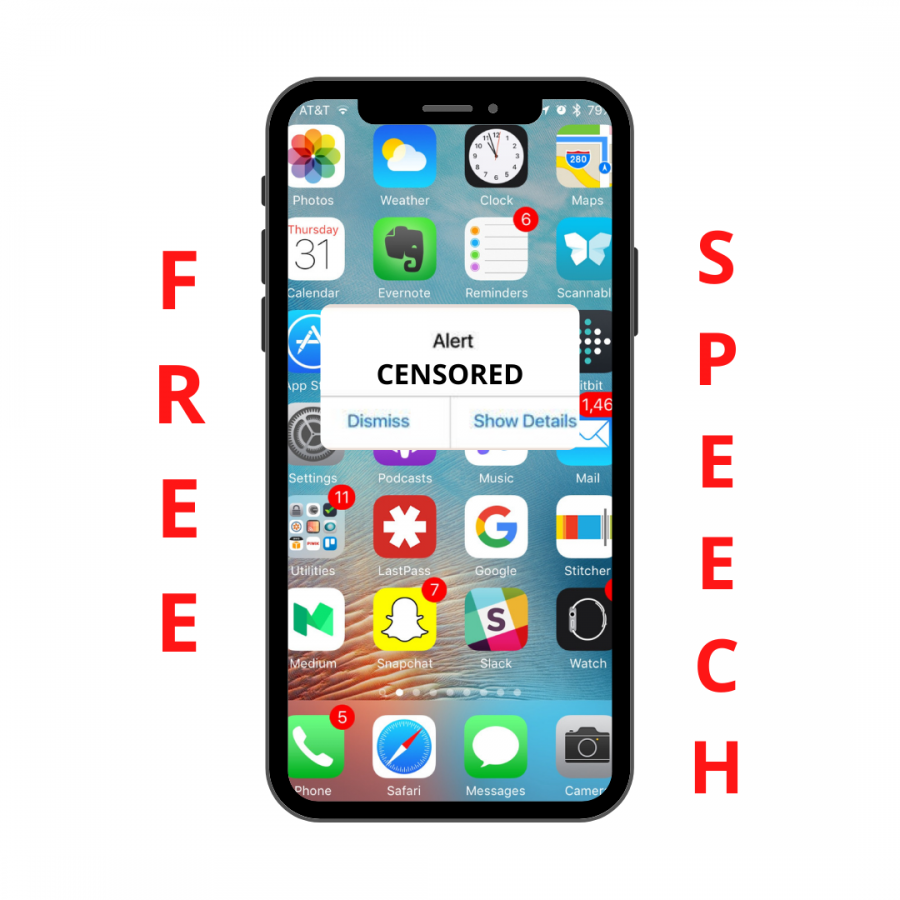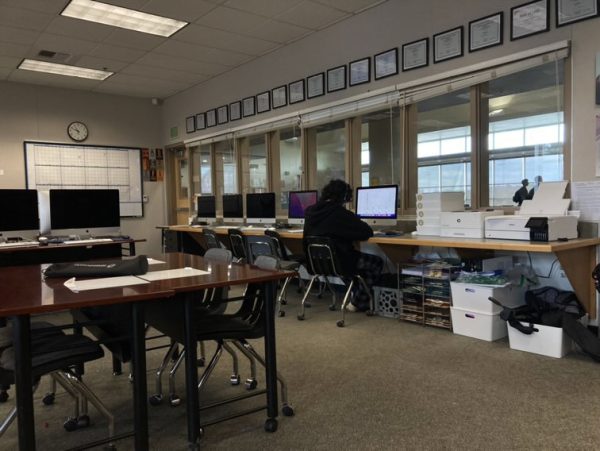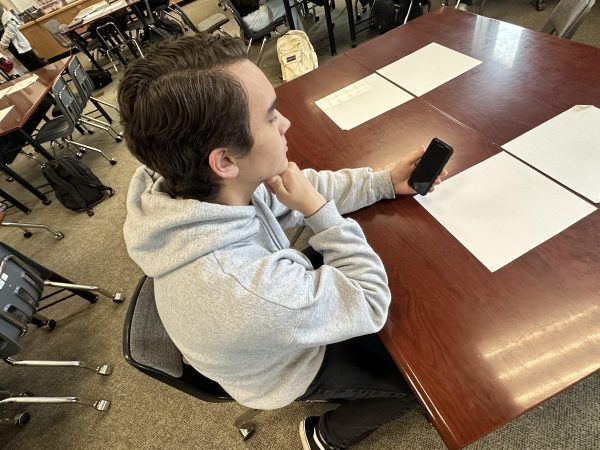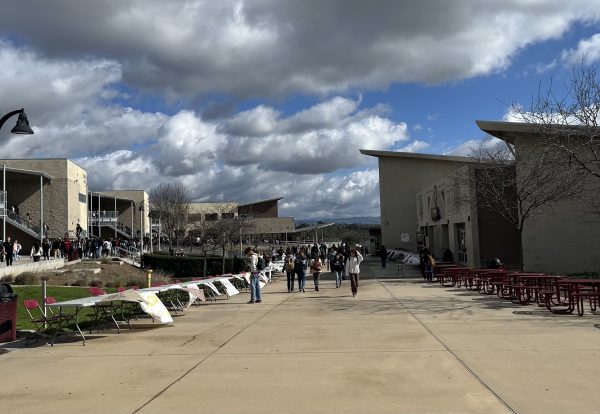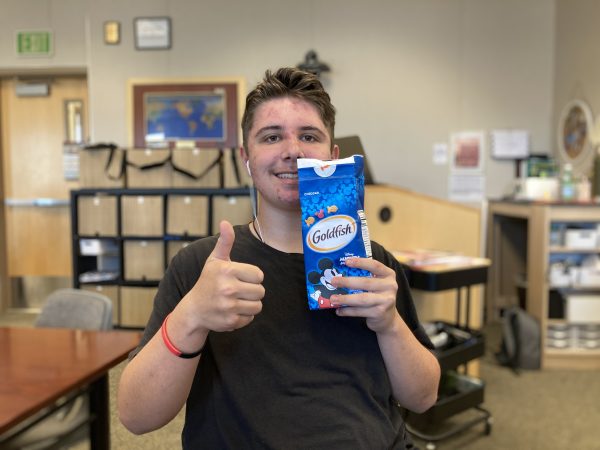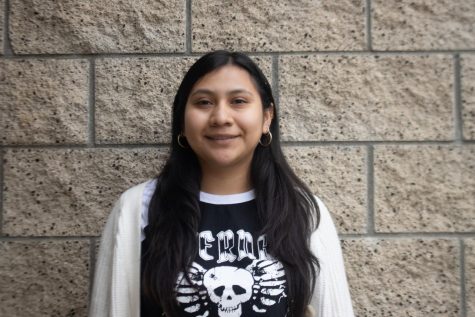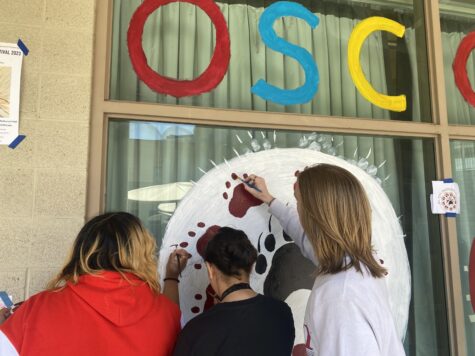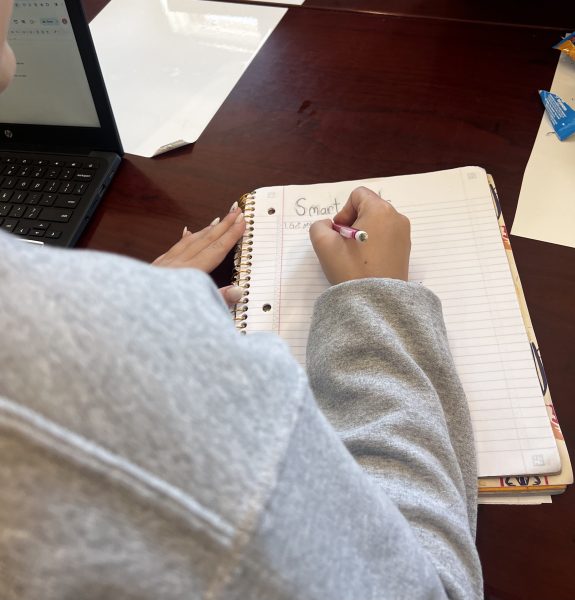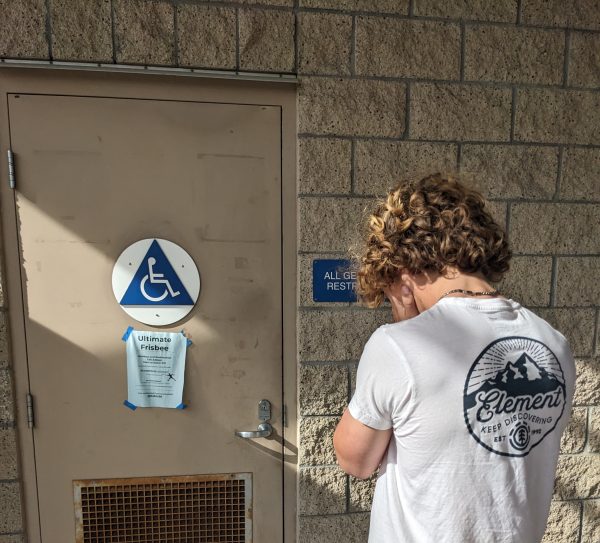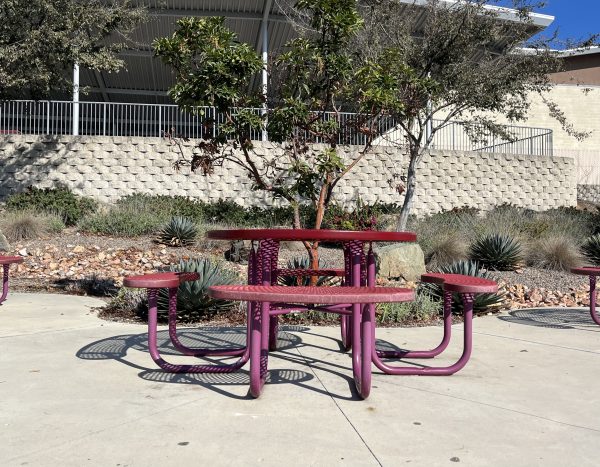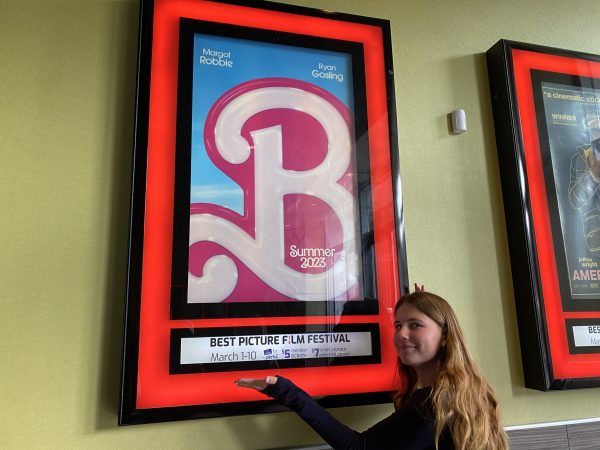Censoring or protecting? The media’s control on ‘free speech’ versus the lack of control from ‘free speakers’
The safety of the people could be jeopardized when violent rhetoric is shared on large media platforms. This content should be monitored before issues escalate.
Photo by Kayla Licon
The right to free speech should not be an excuse to provoke violence on social media.
When a former U.S. president is banned from speaking on social media, it is understandable for people to start wondering if the media is sinking its claws into our rights. Is the media’s control over free speech so strong that it is bordering on unconstitutional? The answer is no, not at all. In cases where a clear and imminent danger is presented to the public, the media’s influence is necessary to prevent mass hysterics and further damages. Although it may seem worrisome to see the past president silenced by major media corporations, this isn’t an indicator that free speech is being controlled or repressed at all.
“I don’t think it’s a violation of free speech because free speech isn’t really real. There’s not one definition of what it is besides ‘you can’t impede on it’ and that’s what makes it hard to pin down when relating it to incitement/insurrection and hate speech,” senior Jay Costales said.
In the wake of the events on January 6th at Capitol Hill, several social media sites made the decision to ban accounts run and related to former President Donald Trump. This event has prompted a strong debate among U.S. citizens: Was the media’s censorship a violation of Trump’s right to freedom of speech? According to several media outlets, it was justified. On the subject, Twitter had issued an official statement that the president’s account was banned for violating their glorification of violence policy. He issued statements that would “inspire others to replicate the criminal acts that took place in the U.S. Capitol on January 6, 2021.” The rhetoric spread by the former president’s social media accounts was found to be a threat to the safety of American citizens, and, because of this, the media was not wrong to intervene.
“Personally, I agree with Twitter. When Donald Trump continued to angrily tweet about his supporters being the ‘great patriots of America’ and holding a protest, he was further inciting a violent agenda. Think: If Donald Trump was not posting his bitter feelings about the election on social media, would his supporters still storm the capitol? The answer is no. He has pulled his followers across the line between being upset to being delusional. And although he did not directly tell his followers to storm one highly important political building with many people inside, his words were in the back of all of their minds. Trump has been pushing violence behind the scenes for some time, but now he has paid the price,” senior Madison Monroe said.
Despite this, it is understandable that this censorship would spark concern among Americans. It brings the question of whether the media can censor the representative of the country, the President of the United States; what would that mean for everyday people and their right to freedom of speech? Can the media extend this censorship further? Should we be afraid?
“I don’t think it’s a concern for freedom of speech as it is the ever growing power of ‘big tech.’ Facebook, Google, Twitter, and Apple have a very large control over the market meaning the speech that they don‘t like will be censored. The reason that speech is being curbed is because big tech is so strong that there can’t be an opposition to their opinions. Similar to the trusts that formed during America‘s gilded age, the power of big tech needs to be curbed to ensure the longevity of the freedoms given to American‘s by the constitution,” senior Harrison Blacklock said.
Don’t worry. There is a definite reason for why this incident is not a precursor to Orwellian levels of government censorship, and it concerns the precedents set forth in Schenck v. United States. This supreme court case established the rule that language presenting a “clear and present danger” was not protected under the First Amendment. Prohibiting speech that could prompt extreme alarm and panic is not unlike not being able to shout the word “fire” in a crowded theatre. In the case of the events at the Capitol and the former president’s subsequent social media ban, his comments that gave approval to his crowd of supporters was not only shouting “fire,” but fanning the flames of the already stoked blaze. This wasn’t an example of social media silencing the people, it was a protective measure designed to prevent further damage.
A similar issue surrounding media censorship arose late in 2020, when Facebook had issued a ban on content denying the events of the Holocaust. People were outraged over this action, viewing it as a blatant neglect of first amendment rights. However, similar to the events following the insurrection at the Capitol, that content was censored for the wellbeing of others. Cases like these, while definitely worrying at a face value, aren’t indicative of the media overstepping its authority. They are instances of content being curbed in favor of protecting the others’ wellbeing.
The initial ban on some of Donald Trump’s social media accounts has been lifted, and the shock over these past events has since died down. Nonetheless, this event should still stand as a reminder of our rights as Americans, and where we stand in controlling whether or not those rights are to be revoked. Please, when spewing rhetoric online, be conscious of the potential damage that you may be inflicting.

(She/Her) Avery Huffer is a senior at Mission Hills High School, and this is her first year as a staff writer with the Silvertip. She hopes that during...

Kayla Licon is a junior who joined the Silvertip staff in 2020. Kayla believes that being a part of the Mission Hills Silvertip offers unique high school...

